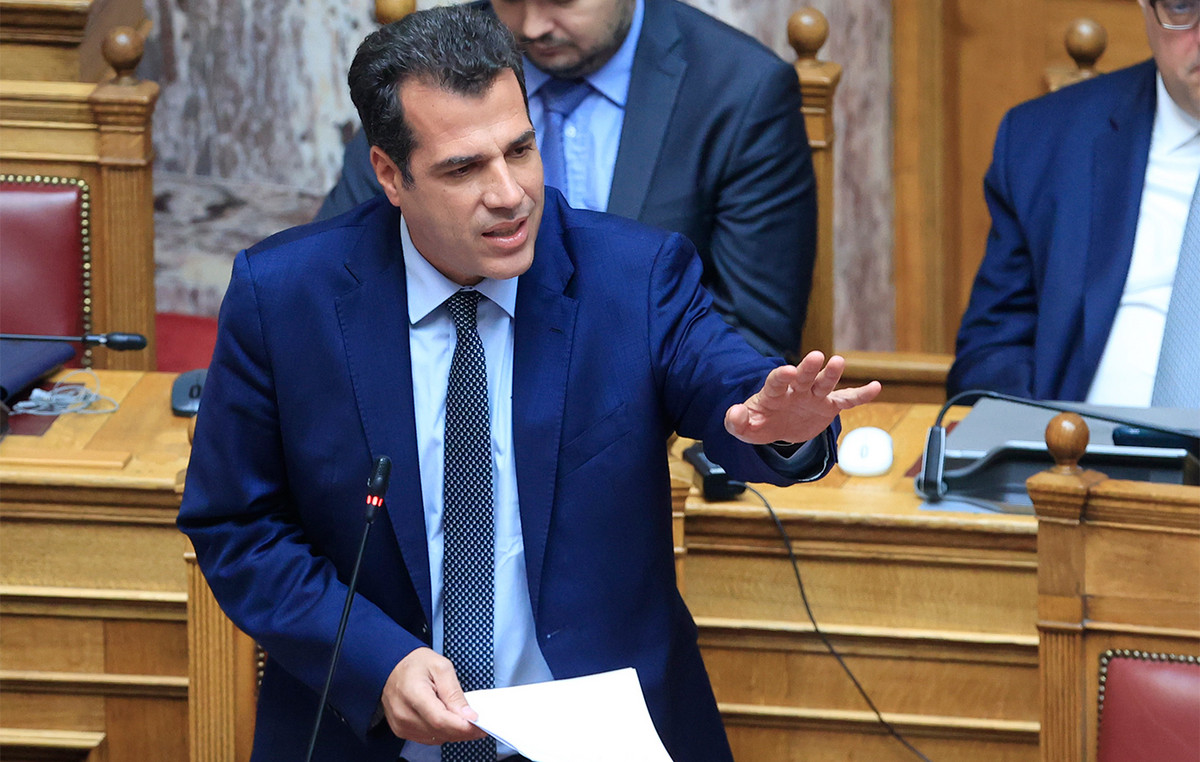In a first-of-its-kind proposal in the United States, some Maryland lawmakers want to subsidize employers who choose to experiment with a 4-day workweek.
More precisely, it would subsidize employers who agree to experiment with a 32-hour workweek without reducing their full-time employees’ weekly wages based on 40 hours of work.
In February, Maryland’s Democrat-controlled House and Senate lawmakers will hold hearings on a bill that would offer state tax credits to companies that accept that challenge.
“The pandemic has taught us that how we view work is not set in stone, but it is something we as citizens can control,” said Vaughn Stewart, delegate from Maryland, one of the project’s main sponsors.
While many 4-day workweek experiments have been conducted recently in the US and Europe, no US state has offered to subsidize the cost of the experiment for their employers, Stewart added.
Employers who participate would have flexibility on how to allow workers to arrange their shorter workweek, Stewart said. For some companies, eight hours a day for four days might work better. At other companies, some employees may prefer to work five days a week but end their days early to fulfill their off-the-job commitments.
“We’re not trying to prescribe to companies how they should do this,” he said. “It may be more advantageous to have different approaches.”
The experiment should include both blue-collar and white-collar employers, Stewart added. “This is not just for corporate entities.”
To qualify for the credit, employers would have to participate in the program for no less than one year and no more than two years. They would have to share data about the results of their program with the Maryland Department of Labor.
The bill in its current form caps what the state would spend in total on program participants’ credits to $750,000 per year for five years. Therefore, if there is strong interest from employers, the Maryland Department of Labor will have to select which employers can participate. In addition, the state would have to bear the costs of administering the program, which Stewart estimates at $250,000 a year.
Stewart sees the credit as a carrot to compensate employers for participating in what he hopes will be an innovative state-level labor survey.
Based on the success of previous experiments
The immediate impetus for introducing the bill in Maryland, Stewart said, was a recent report on the results of a shorter workweek test for 903 employees at 33 different companies.
That study, coordinated by the non-profit organization 4 Day Week Global along with researchers from Boston College, University College Dublin and Cambridge University, found that the majority of companies experienced an increase in productivity and revenue, and the majority of engaged workers reported less stress, fatigue and burnout. More importantly, most participating companies said they did not plan to return to a five-day work week.
Since none of the companies in that test were specific to Maryland, Stewart said, “We want Maryland employers to experience the same productivity and profit gains.” And, he noted, it would help state employees have more time for their lives outside of work.
When asked if he’s confident the bill will pass both chambers of the state legislature before the end of the 2023 Maryland General Assembly session on April 10, Stewart said he’s “cautiously optimistic.”
He added that he has garnered more interest in this bill than he has in all other bills he has sponsored since becoming a member of the Maryland House of Delegates in January 2019.
Source: CNN Brasil
I am an experienced journalist, writer, and editor with a passion for finance and business news. I have been working in the journalism field for over 6 years, covering a variety of topics from finance to technology. As an author at World Stock Market, I specialize in finance business-related topics.







